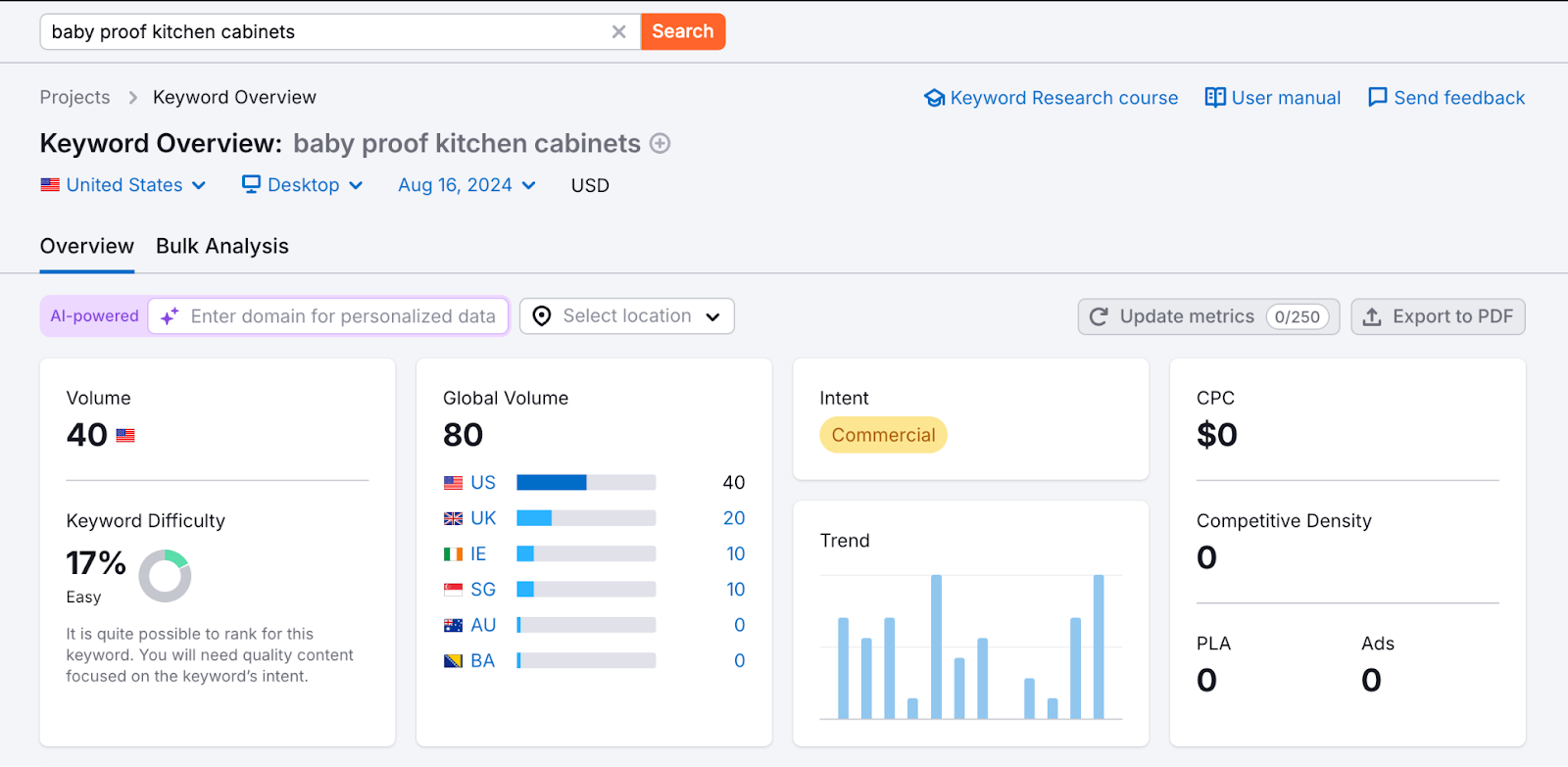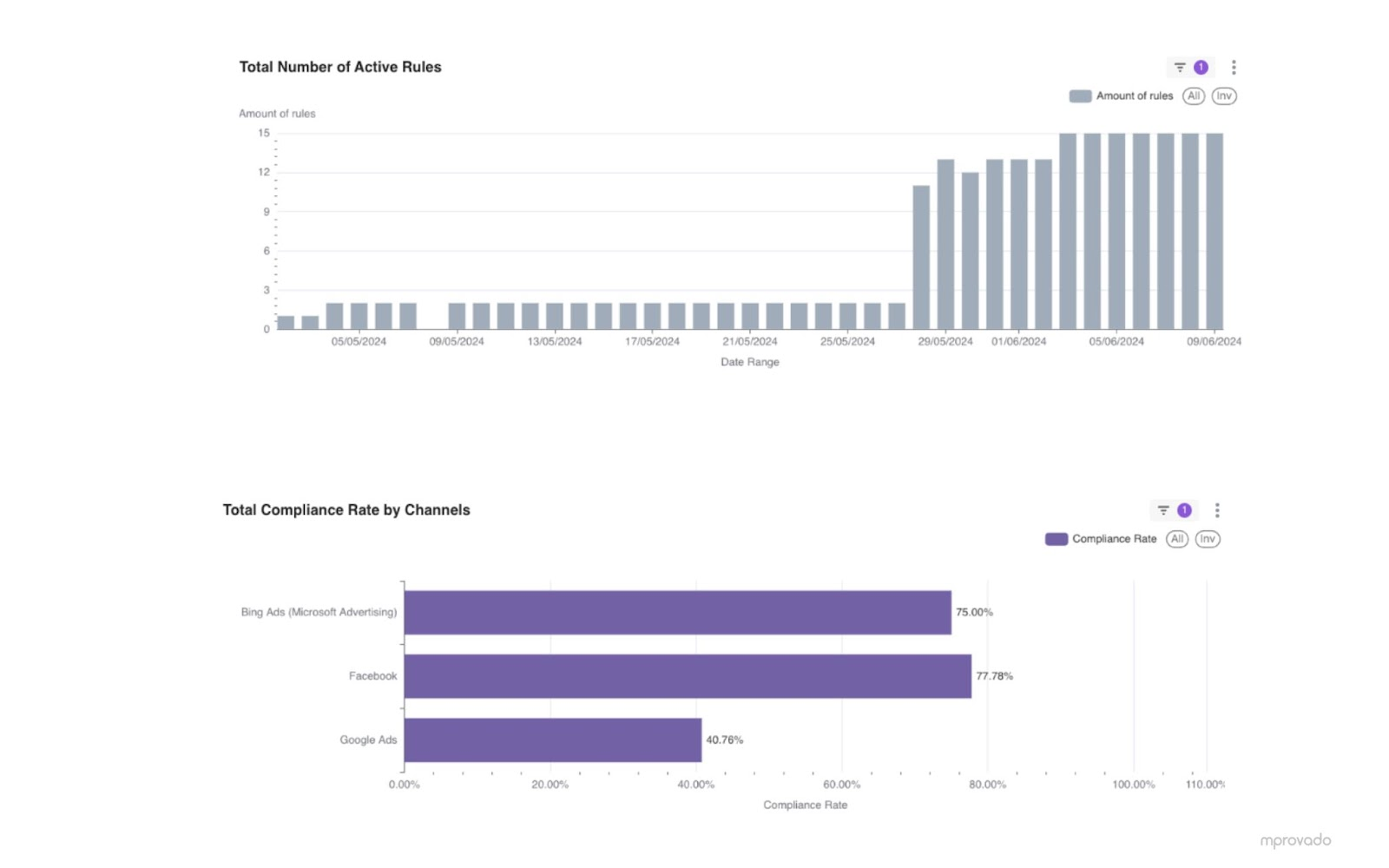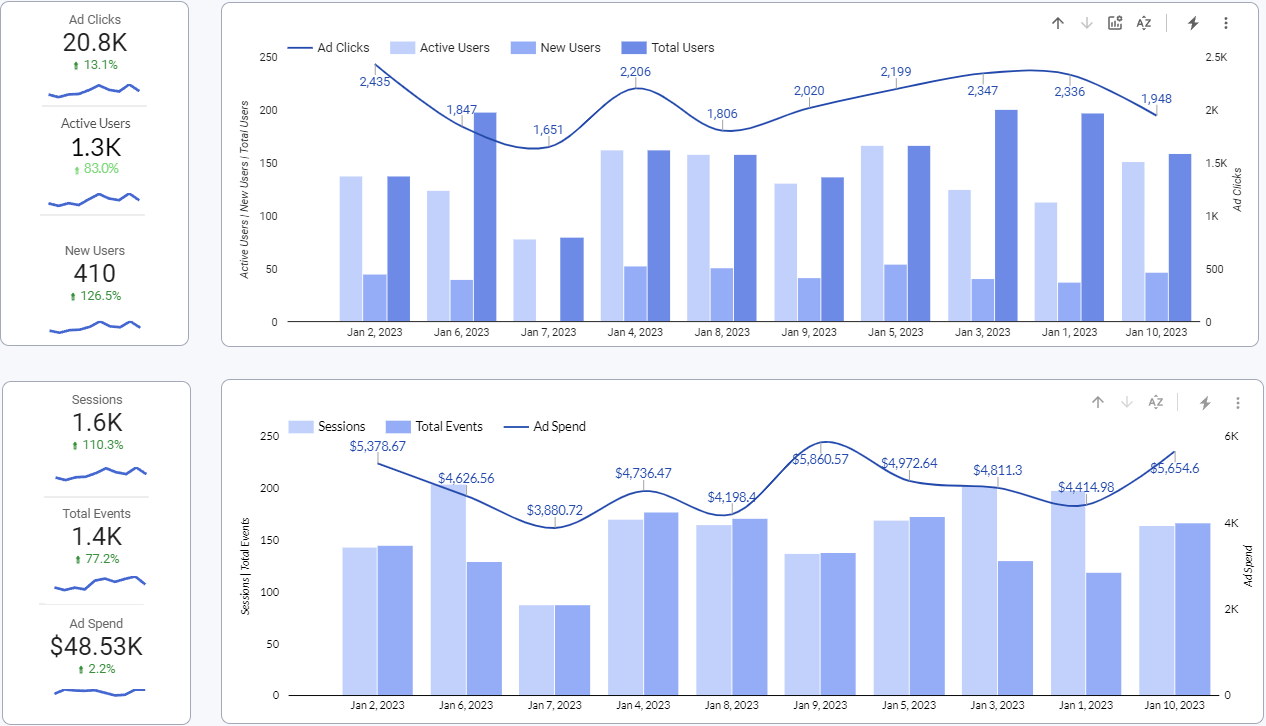Growing a business requires effective lead generation strategies that connect with potential customers and drive them toward making a purchase. This article explores a variety of digital marketing lead generation strategies, blending traditional tactics with innovative approaches.
1. Account-Based Marketing (ABM) Campaigns
By concentrating resources on a select group of high-potential accounts, companies can deliver more relevant messaging, create deeper engagement, and shorten the sales cycle. ABM also enables enterprises to build stronger relationships with key decision-makers within target accounts, increasing the likelihood of conversion and long-term customer retention.
According to Gartner, “ABM provides a lift across several key sales metrics, including a 28% increase in overall account engagement and a 25% rise in the marketing-qualified lead (MQL) to sales-accepted lead (SAL) conversion rates”.
Tip: To identify high-value customers, use attribution modeling to analyze the customer journey and determine which touchpoints contribute most to conversions. This data-driven approach helps you allocate resources effectively, ensuring that your marketing efforts focus on the channels and strategies that generate the highest ROI and attract the most valuable leads.
2. Content Syndication Partnerships
The third-party platforms typically target specific demographics and industry segments, ensuring that your content reaches the right decision-makers. Additionally, content syndication allows for precise tracking of engagement metrics, enabling you to measure the effectiveness of each piece of content and refine your strategy based on performance.
3. Long-Tail Keyword Targeting in SEO

For enterprises, focusing on long-tail keywords allows for more precise targeting of search queries that reflect the specific needs and pain points of their audience. By creating content optimized for these terms, companies can improve their search engine rankings for relevant searches and attract users who are further down the sales funnel.
This strategy also helps brands to compete in crowded markets where generic keywords are dominated by industry giants.
4. Multi-Channel Nurture Campaigns
The strength of multi-channel digital lead generation campaigns lies in their ability to create a cohesive and integrated customer experience. Prospects receive tailored content that addresses their specific needs and interests at each stage of the funnel, regardless of the platform they are engaging with. This continuous, cross-channel engagement helps to build trust, foster deeper relationships, and move leads closer to conversion.
Tip: An integral part of multi-channel campaigns is staying consistent so that prospects receive uniform messaging and can easily recognize your brand in the crowded marketplace. Utilize automated campaign and brand monitoring solutions like Marketing Data Governance. It's a robust tool that validates every component of your digital ad campaigns across Google Ads, DV360, programmatic advertising platforms, social media networks, and more.

5. Predictive Lead Scoring Models
The advantage of predictive lead scoring lies in its ability to go beyond traditional, rule-based scoring methods.
Instead of relying solely on predefined criteria, these models continuously learn and adapt based on real-time data, improving accuracy and effectiveness over time. This results in a more dynamic and precise approach to lead qualification.
Tip: Accurate and reliable data is crucial for the effectiveness of predictive lead scoring models, as the quality of the input data directly impacts the accuracy of lead predictions. Improvado is an ideal solution for ensuring your predictive lead-scoring models are fed with accurate and near-real-time data. By centralizing and integrating data from various marketing channels, Improvado provides a comprehensive and up-to-date view of your customer interactions, empowering your models to deliver more precise and actionable insights.
6. Dynamic Retargeting Ads
This level of personalization significantly increases the chances of conversion, as it reminds potential customers of products they’ve already shown interest in, often with tailored messaging or offers that encourage them to return and complete their purchase. .
Dynamic retargeting ads help recover abandoned sales and reinforce brand awareness and drive higher ROI by focusing ad spend on users who are already familiar with the brand and more likely to convert.
7. Advanced Web Analytics and Tracking

Advanced tracking provides actionable insights that inform decision-making. For instance, by tracking user journeys, enterprises can identify drop-off points where potential leads may lose interest and leave the site.
Additionally, this data can be used to refine marketing strategies, personalize content, and optimize the allocation of resources toward the most effective channels and tactics.
Elevate Your Lead Generation with Data-Driven Insights
Improvado elevates lead-generation strategies by eliminating data silos and providing a holistic view of your marketing performance.
The solution seamlessly aggregates data from all your marketing and sales platforms into a unified database and prepares it for analysis.
With Improvado, you can track key metrics across campaigns in near real-time, allowing for quick adjustments and optimizations that target the most promising leads.
The platform also enables detailed attribution modeling, helping you understand which channels and strategies are driving the highest-quality leads. By providing accurate, actionable insights, Improvado ensures that your lead generation efforts are data-driven, efficient, and aligned with your business goals.
Get a demo call with Improvado to get access to timely and accurate insights.
.png)



.png)
